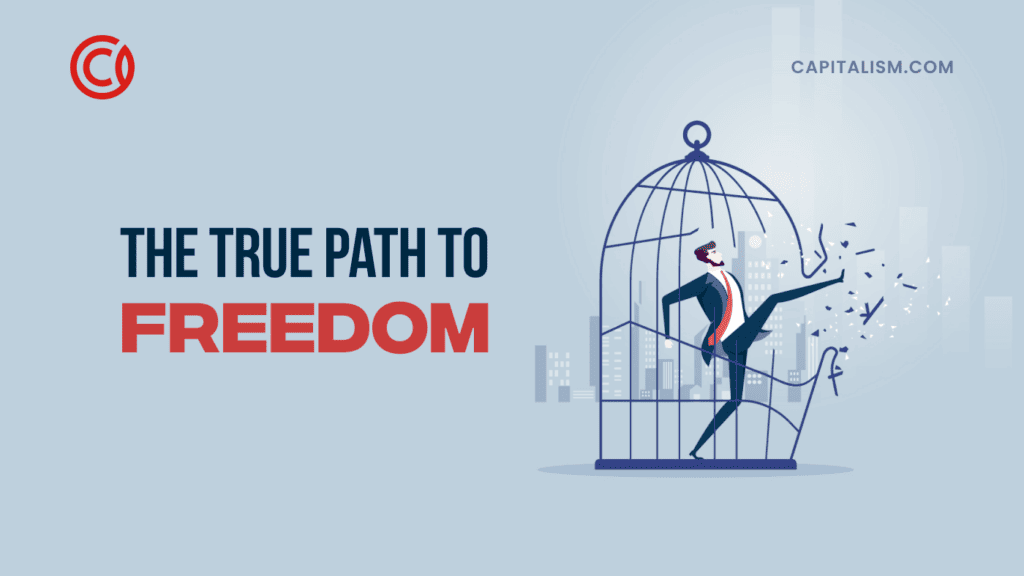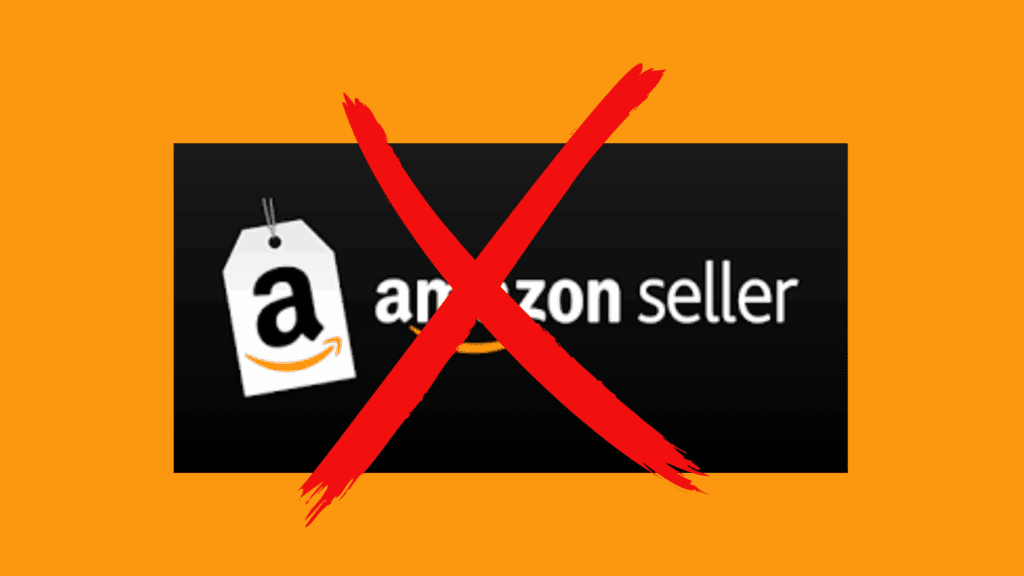Capitalism - a dirty word in our society. It is the word many have used to describe corruption and the activities of businessmen who take advantage of society to improve their own profit.
Though individuals who champion free market fight furiously to convince our society that this is not the case, they are fighting a losing battle.
When it comes to rhetoric, the term “capitalism” has reached the point where it is synonymous with the corporatism and cronyism, where those with money befriend those with power for special favors. In fact, many may believe that it is the fault of capitalism that poverty still exists in the world.
However, this is simply not the case as the world is better off than ever before. Global gross domestic product (GDP) has surged and the level of extreme poverty is at a historic low. Though I would argue that capitalism is the reason for these improvements, many would disagree.
With the goal of battling the rhetorical efforts of some who suggest that capitalism is the evil in the economy, a new movement has arisen. The movement of "conscious capitalism."
Conscious capitalism aims to prove to that, in opposition to the current belief, capitalism is the most beneficial economic model to society. Its foundations lay in voluntary exchange, entrepreneurship, free trade, and competition.
This new movement suggests to the global community that we must allow for entrepreneurship and innovation to thrive, but these actions are stifled by government intervention and special favors. Conscious Capitalism guided by four pillars of culture, purpose, stakeholders, and leadership.
A Conscious Culture
Famed management consultant Peter Drucker once said, “culture eats strategy for breakfast,” and he was right.
Those who value their bottom lines more than their businesses values, principles and practices are doomed to fail. A conscious culture need not be at odds with the bottom line, in fact, it will drive it.
In fact, those who focus on a culture which advances society are shown to outperform those who don’t focus on conscious principles.
Entrepreneurs who lay a firm groundwork for a conscious culture will gain shareholders who are more willing to invest money and time, as it binds people together.
Let’s look at an example - EcoPlanet Bamboo has recently expanded to Ghana. The company focuses on growing bamboo in areas that have been ravaged by deforestation. The company uses the bamboo to create fiber and other raw materials that timber companies usually cut down whole forests to obtain.
This company has created a culture that celebrates the environment and the local economy, which people can get behind.
Higher Purpose
Before you start a business or decide to take your current business in a new direction, an entrepreneur must ask themselves—why? What gets you up in the morning to work 12-hour days?
Is it simply the desire to put more money in your pocket? Or is it a desire to make a positive impact in people’s lives?
If you answered the latter, then you have entered the realm of having a conscious business with a higher purpose.
Conscious businesses not only aim to pay their overhead and staff, but also to end poverty and other injustices. It is this purpose that has helped lower the level of extreme poverty and increased global GDP.
A recent company that I came across which exhibits this value is BANGs Shoes. Many may have heard of the Toms, which has the buy one give one model. Though this may have started with higher purpose, it has been suggested this model instead disrupts and damages local economies.
Starting with a similar idea, BANGs shoes instead takes 20 percent of their profits and gives loans to entrepreneurs around the world so they can start their own businesses. This company has a purpose beyond creating their own profits, they also focus on helping entrepreneurs get a start to creating their own.
Stakeholders
Traditionally, businesses have focused primarily on their profits and their shareholders. While this is important, conscious capitalists focus on their entire business ecosystem, especially on their stakeholders.
Conscious capitalism realizes that employees, consumers, suppliers, and investors each play a vital role in running a successful ecosystem. This ecosystem will strive to create a mutually beneficial relationship among all aspects of the system. This will lead to not only a sustaining a business, but creating a profitable one as well.
We can see examples of this in numerous companies, across countless industries. While the government attempts to pass laws increasing the minimum wage or parental leave for employees, conscious companies are already ahead of the curve.
These companies realize that by treating employees like stakeholders, the business has a better chance of succeeding. For example, Netflix gives up to one year off for both new mothers and fathers, even though the government mandated requirement is a mere fraction of that time and only for mothers. Returning parents also have the chance to work part-time when coming back to work.
Many conscious companies take this opportunity to give back to their employees in a way that contributes to their culture. Take a personal favorite of mine, Burton. The snowboarding company not only provides free ski passes for their employees but also “snow days” to hit the slopes after a big snowfall.
Inspirational Leadership
Every ship needs a captain, and conscious companies are no different. The distinguishing factor of conscious leaders is they focus on the “we”, instead of the singular “me.”
Conscious capitalism is only successful if its leaders inspire loyalty and high-quality work from their employees, instead of simply requiring it. These leaders set the standards for the company and mirror the company's culture and values for the entire world to see.
Entrepreneurship should flourish in these environments, so it is up to the company leadership to set up a collaborative environment, where even the CEO of the company is accessible. Once your employees realize you have their back, you will be amazed at what they can accomplish.
One such leader that comes to mind, is John Mackey, the CEO of Whole Foods and a strong leader in the conscious capitalism movement. He not only heads his company, creating a collaborative culture, higher purpose, and focusing on all of his stakeholders.
The Future
The fact modern entrepreneurs and business leaders have come to realize is that we not only live in a globalized world but an increasingly visible one.
Consumers can now discover everything from a company's values but their investors and suppliers with a simple google search. If a company only focuses on its profits, it will easily be visible to the rest of the world.
That is why the future of success lies with conscious capitalism, with conscious leaders and entrepreneurs who not only contribute to the economy but aim to positively impact the world around them.












